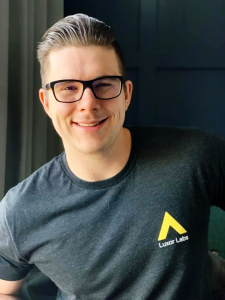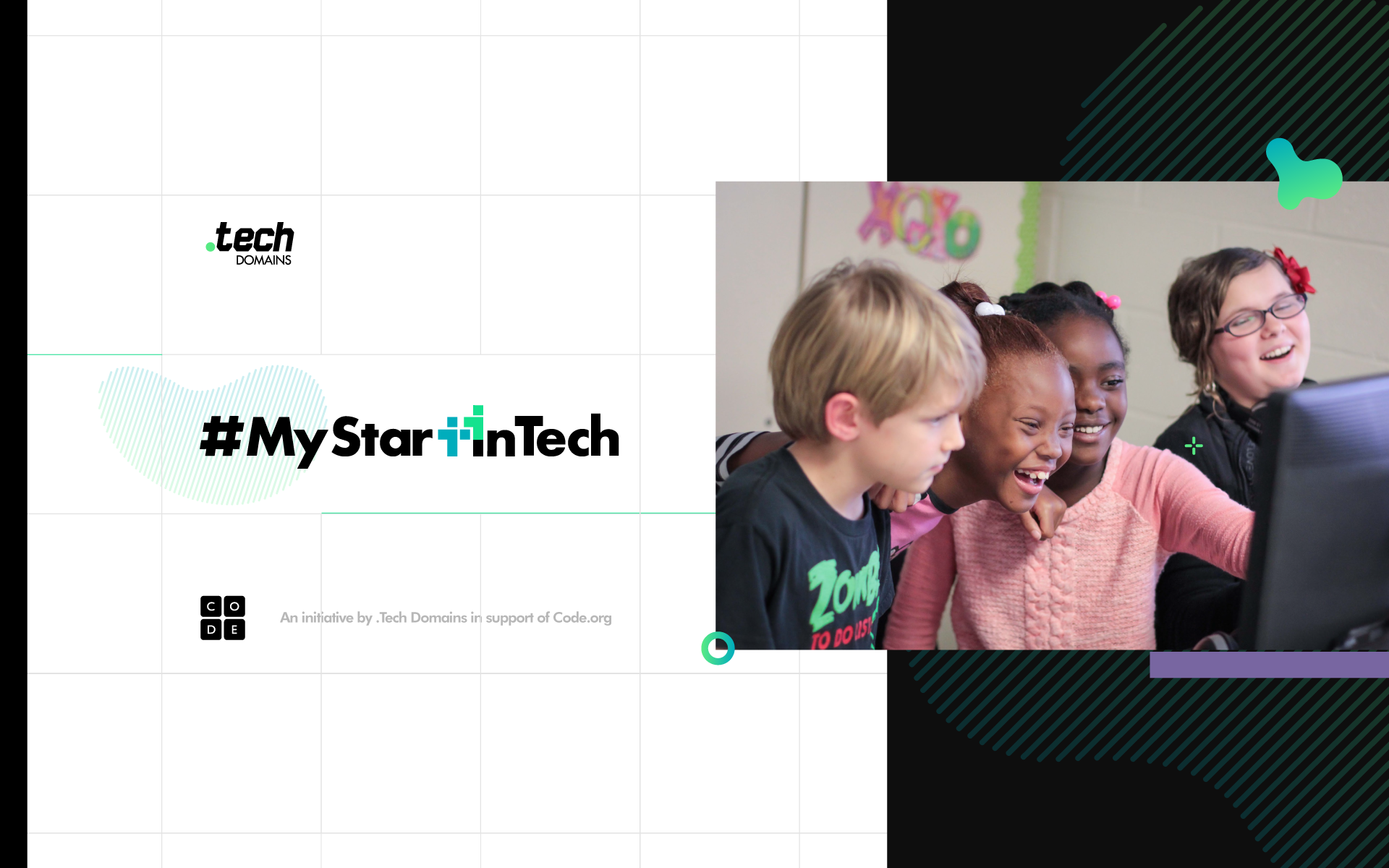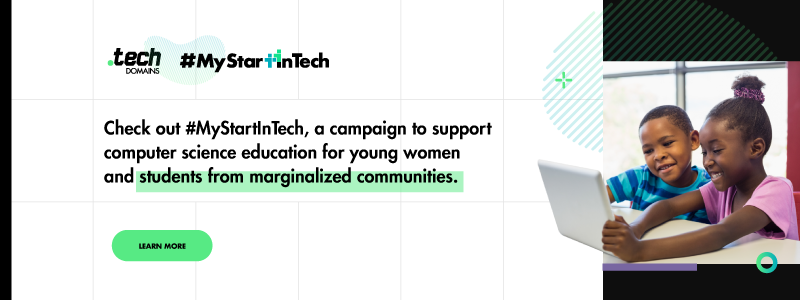The tech workforce in the US is not growing at an optimal pace. The number of schools offering computer science is not enough which is impacting the access of computer science to young women and students from marginalized communities.
The truth is that there are over 410,020 open computing jobs in the US but only 71,226 computer science students graduated into the tech workforce last year.
This is because only 47% of public high schools in the US offer computer science which deeply impacts its access to young women and students from marginalized communities.
To address this pressing issue, we have launched #MyStartInTech, a campaign dedicated to drawing attention to this cause and in turn, help widen access to computer science in schools.
As part of this campaign, we present the #MyStartInTech interview series where some of the esteemed tech entrepreneurs and professionals in the industry share details about their journey in tech. With this, we hope to draw attention to the infinite opportunities that will lay open if young women and students are given the opportunity to study computer science.
In this interview, Nick Hansen, CEO, Luxor.Tech, talks about how he got his start in the tech world.

Let’s find out what he has to say!
When was your first interaction with Computer Science?
I started college with the idea that I’d be a chemical engineer. One of the prerequisite classes was “Introduction to Programming” which was a course taught in C++. Up to that point, I hadn’t had any exposure to computer programming, so this was an eye-opening experience. This class taught basic logic control statements like “if-else” and “for” loops, but it was enough for me to realize the power that programming could provide. This resulted in my curiosity for engineering being piqued and I never looked back and I had found my calling.
What nudged you into taking up a career in technology?
I didn’t have a “Eureka!” moment of clarity which led me to stick with Computer Science in college, but I did have a fantastic teacher which helped get over the initial intellectual hurdle required to have a basic understanding of coding. Mr. Hellman at the Colorado School of Mines was so passionate about computer science and he embodied the ethos of curiosity required to build a lasting career in software.
What are your earliest memories of using a computer in school?
My earliest memory of a computer would be in 1st or 2nd grade playing Oregon Trail at lunch break on a Mac Classic. It was enthralling and at the time I took for granted how impactful this moment would be on my life overall.
What is the importance of technology to you now and how does it impact your day-to-day life?
It’s hard to fully quantify the impact that technology has on our day-to-day lives. As I’m typing this, I’m using at least a dozen different devices from the keyboard, to headphones, mouse, monitors and even the phone in my pocket; it’s astonishing, really. The impact every incremental increase technology advancement has on humanity is compounded and amplified over time. My personal and professional interests are all technology-based so, in effect, my entire life is impacted by technology at every intersection.
How important is it to increase access to computer science and technology to underrepresented communities and young women today?
In my role as CEO of Luxor, one of the most important jobs I have is to find talented people to engineer the products we have planned. Currently, there are simply not enough engineers capable of fulfilling this demand; the demand for innovation has never been higher and the supply of new talent has never been shorter. Improving access to technology is imperative to sustain the level of innovation necessary to move humanity forward.
Why do you think access to computer literacy in school is important?
Young people’s minds are drastically more efficient at problem-solving and critical thinking due, in part, to neuroplasticity. Giving children access to computers and exposure to the engineering process at an early age will take advantage of this benefit and allow them to snowball into a productive career later in life. Access to computer literacy programs is also a great way to spur curiosity in young people; even if they don’t end up choosing a computer science-based career, the experience of writing a program and thinking about it logically will stick with them as they grow.
What do you think about .Tech Domains taking up this cause?
It’s inspiring that .Tech Domains is taking up such an important cause. The more we can advocate for improved access to computer literacy programs, the better we will be able to compete in the global market and improve the lives of people across the globe.


